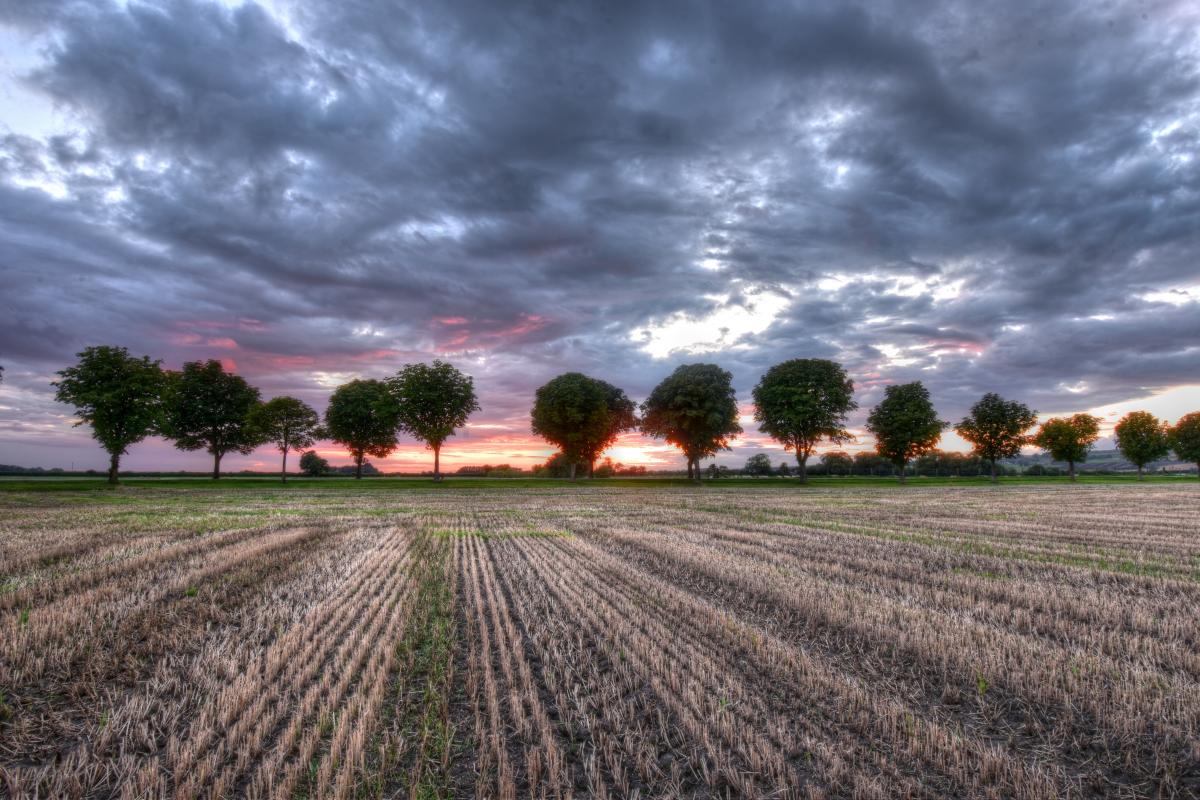When farmers are forced to choose: Exploring the tensions between farming for food safety and environmental sustainability

Farmers are faced with pressures to meet societal visions of good and “better” farming, but the ability to meet those expectations may be hindered by the capacity of a given farm or farmer. Sometimes, the definitions of “better” can be contradictory, forcing farmers to choose between differing “rights” as found by a recent study published in the journal Agriculture and Human Values. The study showed that in the face of such a dilemma, a farmer will be more likely to choose the most feasible path, and that conflicts in policies will have to be overcome if farmers are to accomplish multiple societal visions for better farming. In particular, the study explored how farmers try to meet the demands of farming to satisfy both food safety requirements and environmental sustainability. Both of these visions have institutions that will influence a farmer’s choice of management practices such as rules or standards for certification like organic or other sustainability labels as well as food safety. There are also realities like legal liability, market demands and regulations along the supply chain, as well as a farmer’s social network and access to information and technology. Tensions occur when practices that fulfill environmental sustainability (e.g. increasing biodiversity) threaten compliance with food safety regulations (e.g. that can require farmers to remove as much wildlife as possible from their fields). When policy conflicts like this exist, farmers will likely choose the practices are the most feasible within the means of their farming operation, influenced by farm size, the crops grown, and where the products are sold among other factors. The study stresses the importance of weighing policies. When policies are created to change farming practices, they must be developed with existing policies in mind instead of being created in a vacuum where unintended conflicts between policies may then arise. Otherwise, it will be impossible to accomplish multiple visions of “better” farming simultaneously.
Photo Credit: Mike Cassidy; unsplash.com


